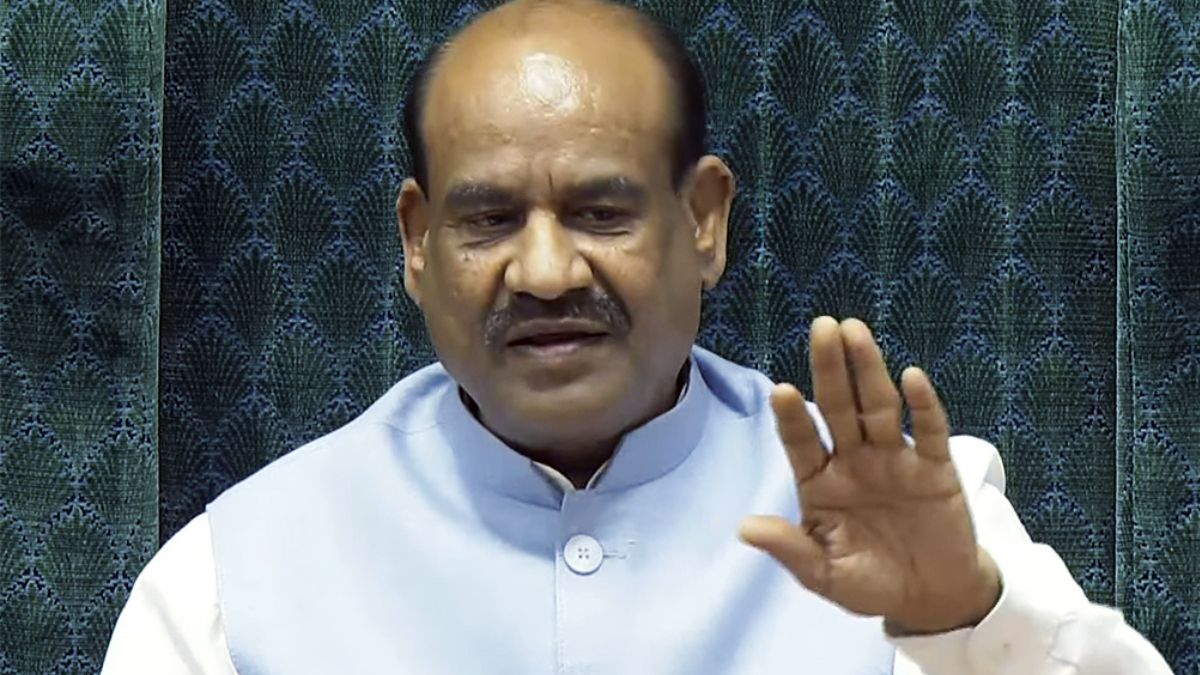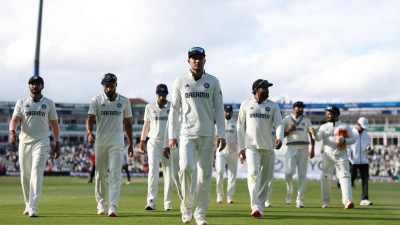Encouraging the introduction of greater accountability of elected bodies in the lower tier of governance, Lok Sabha Speaker Om Birla’s suggestion of drafting practices like Question Hour and Zero Hour in Urban Local Bodies is laudable.
And yes, coming at the first-ever conference of leaders of Urban Local Bodies (ULBs) in the country held last week it remains to be seen as to which of the states runs with Speaker Birla’s suggestion to strengthen the democratic institutions at the grass roots – the local urban bodies. His suggestion was that the local bodies in urban areas evolve structured procedures, hold regular sittings, and build robust committee systems, besides having an active engagement with the citizens.
The Lok Sabha Speaker stressed the importance of incorporating proven democratic practices such as Question Hour and Zero Hour in ULBs. He said such provisions in Parliament played a vital role in holding the executive accountable and allow raising systemically, concerns of the people. Instead of the practices of holding short, irregular, or ad-hoc municipal meetings that are held now in different parts of the country weaken local governance, he said suggesting the conducting of structured sessions, standing committees, and open civic consultations.
The two-day conference, organised on the theme: “Role of Urban Local Bodies in Strengthening Constitutional Democracy and Nation Building” dwelt upon issues including ULBs as foundational pillars of democracy: Developing model practices and procedure code of conduct of General Council Meetings; as engines of inclusive growth and development: Making municipal governance more effective in fulfilling the constitutional mandate; as architects of 21st Century India: Contribution in helping achieve the goal of Vikasit Bharat by 2047; as vehicles of empowerment of women – Role in grooming women for leadership positions in society and polity; and, as crucibles of innovations and best practices: improving public delivery and quality of lives of citizens.
ULBs and urbanisation
As per the scheme of governance, urban development is a State subject and as per the directory maintained by the Centre, there are 4,815 ULBs in the country. Among these stand Chennai, one of the oldest, and Brihanmumbai, or Municipal Corporation of Greater Mumbai, characterised as one of the richest civic bodies in the world, whose budget is larger than that of some of the states.
Against the backdrop of the rate at which the country is moving towards urbanisation, the role of ULBs is bound to grow in the future. The Economic Survey of 2023-24 said 40 percent of Indian population will live in urban areas by 2030 and climb to 50 percent by 2050, the government said citing a UN report. The 2011 Census noted that slightly over 17 percent of India stayed in slums in urban areas while the World Bank data put it much higher.
The objective of the conference was to strengthen democratic institutions, share best practices, and explore and highlight innovative approaches to urban governance in the contemporary era. While the work of ULBs is the cornerstone of governance at the local level, often apathy towards their work and lower voter turnout at these elections, result in lesser focus on their functioning. Every citizen who dwells in any part of the country will require to interact with the ULBs for services right from the time of birth. Yet, a majority of denizens in urban centres tend to look askance only to complain when civic issues – garbage disposal, providing clean drinking water, poor sanitation, non-functional or poorly-maintained streetlights or water-logging come to haunt.
The outcome of the conference should serve as a guide for town planners and city councillors to collaborate and advance the agenda. The leaders who attended the conference should take the initiative to draw a leaf from the Speaker’s suggestion and study some best practices both within the country and in other parts of the world.
Practices in the U.S and U.K.
For instance, some city councils in the United States permit public comment during the meetings. The citizens can raise questions or concerns with the council members at these formal interactions also known as town-hall meetings. The system of accountability leads to holding open public meetings.
According to reports, local councils in the United Kingdom also have the facility of meetings which are open to the public besides other checks on the use of public funds. Other democracies too have instituted a system of oversight which exists in a different manner in India too.
Recommendations of ARC
The second Administrative Reforms Commission in its report on Local Governance, among other things in regard to ULBs and making them more accountable, besides creating Ombudsman to hear complaints of graft, it suggested a separate Standing Committee of the State Legislature for the local Bodies which may function on the lines of a Public Accounts Committee.
It also recommended that in the hierarchy of functionaries under the control of local bodies, functions should be delegated to the lowest appropriate functionary in order to facilitate access to citizens. Importantly, it noted that each local body should have an in-house mechanism for redressal of grievances with set norms for attending and responding to citizens’ grievances.
The idea of a regular and structured question hour/zero hour and a day-long deliberations on subjects will provide the councillors a forum to flag issues of concern and highlight the problems these representatives face in the wards. The Committee Chairs would be bound to respond which in turn brings to light the working of different divisions of the Council officials in maintaining civic services.
Can Delhi run with the idea?
It is here that Delhi can take the lead. It has the unique advantage of a double-engine government – the city and municipal administration in the hands of the same political party. The Municipal Corporation of Delhi (MCD) can consider working on the proposal put forward by the Lok Sabha Speaker. As the country takes pride in being the mother of democracy and Delhi being in its eye as the National Capital, the city ULB can pave the way and showcase the MCD as a model in ushering in greater accountability and building public trust.











